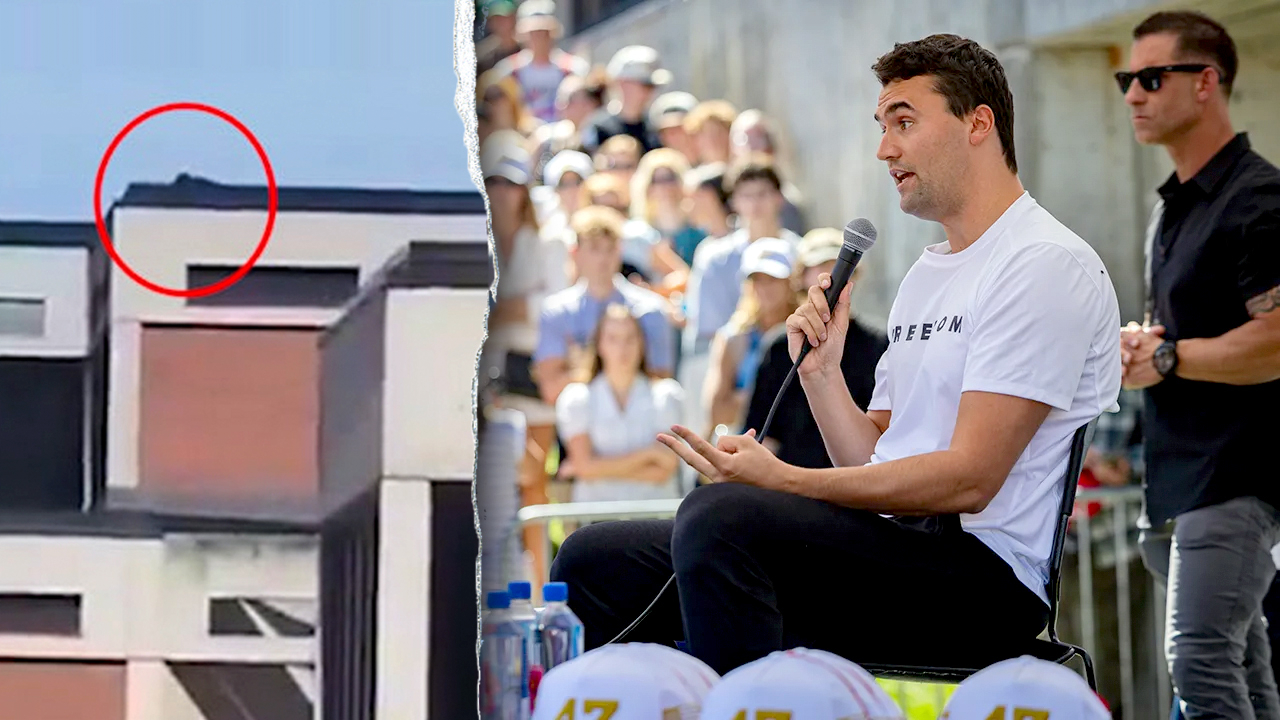Soak up the fun!
There are many ways kids can have a blast this summer — swimming, playing in the park, fishing and going to the beach are just a few.
Unfortunately, summer is also prime time for child injuries and illnesses.
Here are six important precautions for keeping kids safe, including one thing I wouldn’t do as a father.
This is how everyone can be a happy camper this summer.
Let the good times roll — with the right gear
One thing I would never let my kids do is get on a bike, scooter, skateboard, ATV or anything else that has wheels without a helmet.
Head trauma is probably the most preventable serious injury that kids can get while playing.
It really is an absolute requirement that they wear a helmet at all times.
I worry about brain damage and major injuries that aren’t recoverable.
That’s why I would be particularly cautious with ATVs. While they can be a lot of fun, they present significant risks.
First, they can go fast. Younger children can get thrown very easily, so helmets and seatbelts are imperative.
They’re also heavy and can crush a child if they roll over. Parents need to confirm that the machine is the right size and that operators know what they’re doing. Alcohol should not be involved.
Don’t make waves — follow pool rules
As far as water safety goes, make sure that an adult who knows how to swim can watch children when they’re in the water.
It’s very easy for kids to drown, even in just a few inches of water. The adult must keep watch at all times in case a rescue is needed.
Also pay attention to the depth of the water. We don’t want kids diving into water less than 4 feet high because of the risk of head injuries.
Keep cool in extreme heat
It’s important to avoid dehydration by making sure kids get enough fluids.
One way to do that is to monitor how often they go to the bathroom.
A well-hydrated child will pee at least three or four times a day. That urine will be pale yellow, not dark.
Water and clear liquids are great for hydration. Electrolyte drinks are particularly good for older children exercising in the heat.
It’s best to avoid caffeine and sugary drinks that can increase urination.

Dehydration is when you don’t have enough water in your body. When you couple dehydration with excessive heat, that’s what we call heat exhaustion.
The body gets overheated and can’t cool down on its own. It can immediately become dangerous.
There should be a shady spot where children can escape the sun. Consider packing a large umbrella.
Kids should be dressed appropriately — a wide-brimmed hat can help, and sunscreen is a must.
Cover any exposed skin with sunscreen. Reapply at least every two hours and when coming out of the water.
While we’re talking about heat, we should talk about car safety.
Even on a moderately hot day, the interior of a parked car can reach well over 100 degrees.
So never, ever, ever leave pets or kids unattended in a closed vehicle.
Also, beware of hot playground equipment. Kids can get burned holding onto jungle gym bars and going down slides, especially metal ones.
Playground surfaces are a concern, too.
Black surfaces can get really hot because they absorb heat. Check for trip hazards like tree roots and unevenness that can lead to injuries — and make sure there’s enough cushioning on the ground.
Achoo-choo-choose activities wisely
We see a lot of allergies early in the summer, thanks to pollen and animal dander.
If you know your child has allergies, try to limit exposure to triggers.
That’s not to say they can’t go outside, but when they come in, they should wash their hands.
If they’re very allergic, they should change their clothes.
Consider keeping windows closed and using air conditioning to prevent pollen from coming inside.
The good news is that several over-the-counter meds can help prevent and treat mild allergic reactions in kids.
Don’t let insects bug you
Bug spray is key in the summer. A neat trick is to spray it onto clothes so that it sticks around and creates almost a protective halo around the child.
One of the things to be aware of, especially in this area, is Lyme disease.
Be sure to frequently check kids who have been outside for ticks.
These bugs are really small when they initially attach, making them very easy to miss. Comb through the entire body very carefully.
Other bug bites are simply annoying, but they can get infected with constant scratching. Put some antibiotic ointment on the bite.
Don’t let food bite back
Food poisoning is a greater risk in the summer, especially when eating outdoors, because bacteria grow faster in warmer temperatures.
Perishable fare can quickly become unsafe if left out in the heat.
Kids should avoid eating these foods at picnics or have a cooler on site to keep them cold.
And don’t forget — although it’s important to pay attention to safety, summertime should be fun. Let your kids go outside and experience the world!
Dr. Arun Chopra is the chair of the Department of Pediatrics at NYU Langone Hospital—Long Island. He specializes in pediatric critical care.
Read the full article here
















